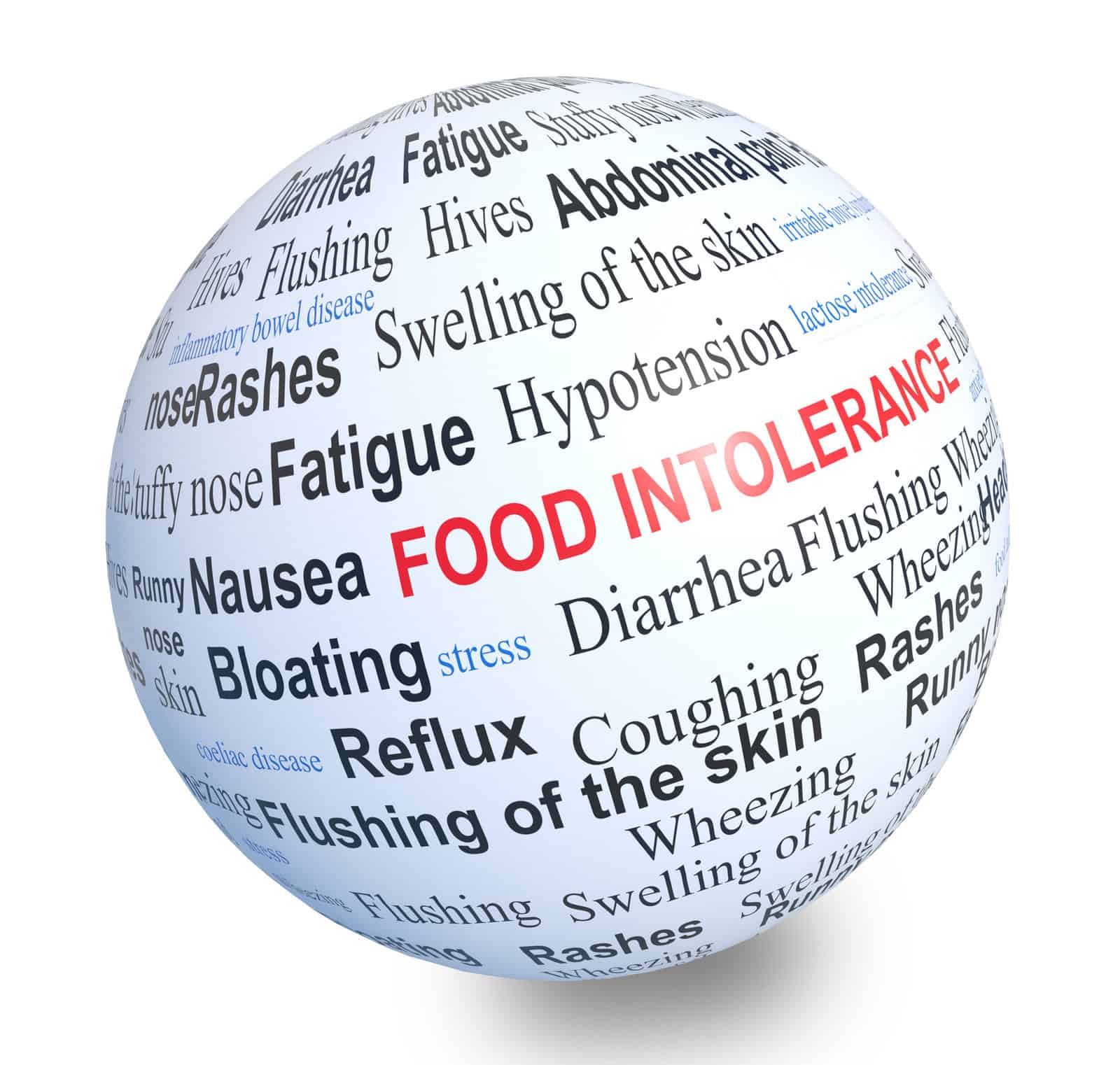Food Intolerances

Most people are able to eat whatever they want without any problems. However, some people have food intolerances that can cause them discomfort and even serious health problems.
There are two main types of food intolerances: allergic reactions and non-allergic reactions.
Allergic reactions occur when the body's immune system reacts to a particular food as if it were a harmful substance. This can cause a range of symptoms, from mild (such as hives or a runny nose) to severe (such as difficulty breathing or anaphylactic shock).
Non-allergic reactions, on the other hand, occur when the body is unable to digest or absorb a particular food. This can lead to symptoms such as abdominal pain, bloating, and diarrhea.
While food allergies can be potentially life-threatening, most food intolerances are not dangerous. However, they can still be very unpleasant. If you think you might have a food intolerance, it's important to see a doctor or other healthcare provider so that they can help you figure out what's going on.
There are also some simple things you can do to reduce your risk of having a reaction, such as avoiding trigger foods and eating smaller meals more often.
If you have a food intolerance, it's important to remember that you're not alone. Many people deal with this condition on a daily basis. With the right management, it's possible to live a normal, healthy life.
Food Intolerances Topics

Gluten Intolerance
Can you handle gluten? Gluten intolerance is a condition in which the body cannot tolerate gluten, a protein found in wheat, barley, and rye. Symptoms of gluten...

Lactose Intolerance
Can you handle lactose? Lactose intolerance is a condition in which people have difficulty digesting lactose, a type of sugar found in milk and other dairy...
Books discussing Food Intolerances

Sexy Forever
How to Fight Fat after Forty
Dec 28, 2010 | 368 PagesMost people have attempted to find an uncomplicated permanent solution to weight loss at some point that doesn't involve giving up all their favorite foods, working out excessively, and don't fail in the long run. The underlying reason it's hard to sustain weight loss is the accumulation of toxins in your body. Want to become slim, vibrant,...Learn more about Sexy Forever
Hashimoto's Thyroiditis
Lifestyle Interventions for Finding and Treating the Root Cause
May 31, 2013 | 372 PagesHashimoto's is a multifaceted condition that goes beyond traditional hypothyroidism. Symptoms of Hashimoto's often include digestive problems such as acid reflux and intestinal permeability, nutrient deficiencies, anemia, food sensitivities, gum disorders, and even low blood sugar in addition to the more familiar symptoms associated with...Learn more about Hashimoto's Thyroiditis
Experts discussing Food Intolerances

Suzanne Somers
New York Times best-selling author on health and wellness books, health advocate, and entrepreneur.Suzanne Somers is an insanely successful author with 14 New York Times bestsellers, including the #1 spot for Sexy Forever, Knockout, Ageless. Some of her other NYT best include TOX-Sick; I’m Too Young For This!; Bombshell; Breakthrough and more. In addition to writing amazing books, Suzanne has also written about food...Learn more about Suzanne Somers
Dr. Izabella Wentz, PharmD, FASCP
Thyroid pharmacist, NYT bestselling author, and Hashimoto's remission resources.After training with The Institute for Functional Medicine, Kalish Functional Medicine, and the American Academy of Anti-Aging Medicine, Dr. Wentz achieved expertise in functional medicine. Dr. Smith is an esteemed Fellow of the American Society of Consultant Pharmacists and has earned certifications in Medication...Learn more about Dr. Izabella Wentz, PharmD, FASCP